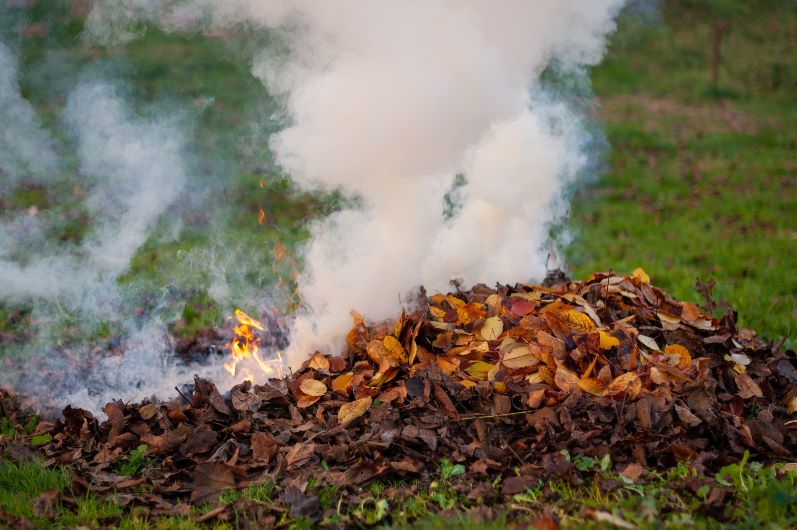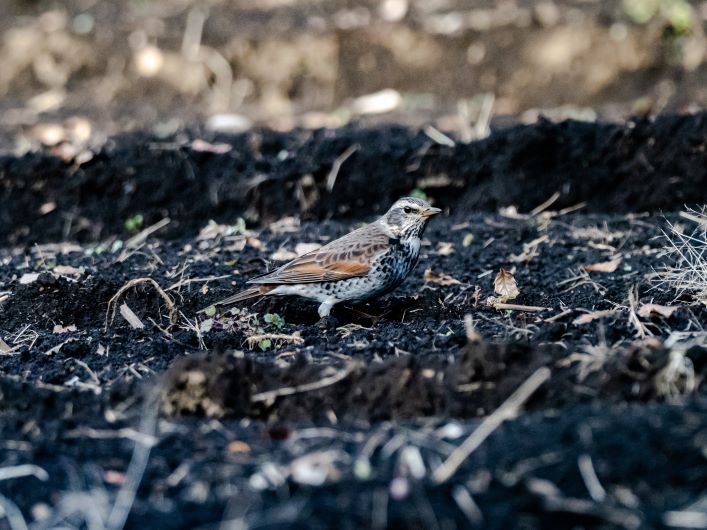
- Project will focus on reduction of highly toxic black carbon and other short-lived climate pollutants emitted by open burning of waste.
- Regional ‘roadmaps’ and city pilot schemes planned to phase out open burning of waste in Africa, Asia and Latin America.
A global project led by Engineering X – an international collaboration founded by the Royal Academy of Engineering and Lloyd’s Register Foundation – has been awarded USD1.3 million from UNEP’s Climate and Clean Air Coalition (CCAC) to help stop the open burning of solid waste, a global practice that has catastrophic effects on human health and the environment.
The two-year project of transformative action has been developed by Engineering X in collaboration with the International Solid Waste Association (ISWA), Institute for Global Environmental Strategies (IGES), Practical Action, and UN Habitat. The project builds on the significant experience of the partners in taking action to end the open burning of waste.
More than two billion people worldwide have no access to proper waste management and suffer significant morbidity from waste that is openly dumped or burned. Open burning of solid waste is also a major contributor to global air pollution and greenhouse gases. The problem is global but the impact of burning municipal solid waste is particularly acute in many low- and middle-income countries where people living and working near burning sites suffer the toxic effects of polluted air, ground, and water sources, including respiratory infections, immune disorders, reproductive abnormalities and premature death.
The two-year project funded by CCAC will focus on practical ways to reduce the open burning of solid waste and, in particular, on reducing the highly toxic, carcinogenic and powerful short-lived climate pollutants and greenhouse gases that result from the practice, such as black carbon. Black carbon is a component of fine particulate matter (PM2.5) air pollution. Approximately 4 million deaths worldwide each year are associated with long-term exposure to PM2.5 air pollution.
Despite evidence of the environmental, social and economic impact of open burning, awareness and understanding of the risks of open burning is poor. National and local governments, development partners, civil societies and development financing institutions need to address the practice as a matter of urgency and act together to ensure waste is properly managed. The three roadmaps planned for Africa, Asia, Latin America & the Caribbean will help increase action and awareness in these regions by equipping local and national governments and other relevant bodies with the knowledge and tools to plan and take action to reduce open burning of waste and toxic emissions. Activities will also include raising the profile of open burning with funders and connecting them to governments to focus on implementation.
Each roadmap will be built on information gathered from reviews of existing evidence and data, field surveys, consultative meetings, and interviews with key stakeholders. Each will include a picture of emissions of greenhouse gases and short-lived climate pollutants per region using existing data. The road maps will be piloted in one city in each region. Lessons learned from these city pilots and the ongoing engagement with regional bodies will help to fine tune the roadmaps to improve their feasibility and sustainability at a regional level.
While the specific reasons for open burning of waste may vary in the three regions, they have in common some fundamental drivers such as an absence of basic waste management service and infrastructure, institutional weaknesses, and emissions of the highly toxic, carcinogenic and powerful short-lived climate pollutants like black carbon that are contributing to global climate change. The project will be guided by the principle ‘Think globally and act regionally’.
More news
- CELEBRATING EXCELLENCE IN THE RESIDENTIAL PROPERTY SECTOR
- PART 4: GIBS PANEL DISCUSSES INTEMEDIATE CITIES ROLE IN AFRICA’S DEVELOPMENT
- EXPOSED AGGREGATE PAVERS COMPLEMENT NEW LIFESTYLE CENTRE
- GIBS PANEL EXPLORES ROLE OF INTERMEDIATE CITIES IN SA’S DEVELOPMENT PART 3
- CITI-CON’S CONCRETE KNOWLEDGE SUCCESSFULLY DEPLOYED ON NEW LANDMARK DEVELOPMENT


